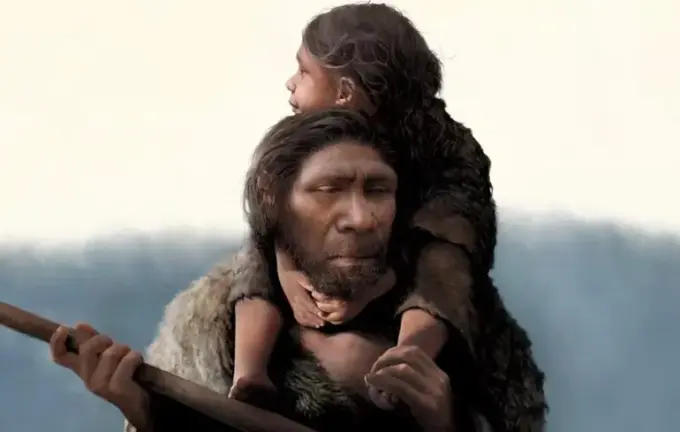Why Did Neanderthals Disappear? New Insights into Their Genetic History

Scientists have taken a significant step in understanding the reasons behind the extinction of Neanderthals by unveiling new details about their genetic heritage and potential causes of their disappearance.
The research indicates that critical genetic incompatibility between Neanderthals and modern humans could have played a key role in their extinction.
Notably, variations in the PIEZO1 gene, which influences red blood cell function, may have caused miscarriages in hybrid women and reduced the reproductive capacity of these ancient relatives of modern humans.
Researchers from the University of Zurich revealed that around 45,000 years ago, when Neanderthals and Homo sapiens interacted, they exchanged genes and possibly transmitted hidden reproductive risks, which gradually decreased their ability to reproduce successfully.
The specific variant of the PIEZO1 gene found in Neanderthals was adapted to extreme cold and famine periods but negatively affected the oxygen-carrying capacity of maternal blood during pregnancy, leading to hypoxia, fetal growth delays, or miscarriages.
This genetic incompatibility contributed to their slow decline, as many hybrid offspring failed to survive and transmitted less mitochondrial DNA from their mothers.
Archaeologist April Nowell, an expert in paleolithic studies who was not involved in the research, commented that these findings add missing pieces to the puzzle of Neanderthal extinction, particularly their limited ability to transfer sufficient oxygen during pregnancy.
The new evidence not only explains their disappearance but also helps us better understand interactions between our ancient ancestors and close relatives in human evolution.

